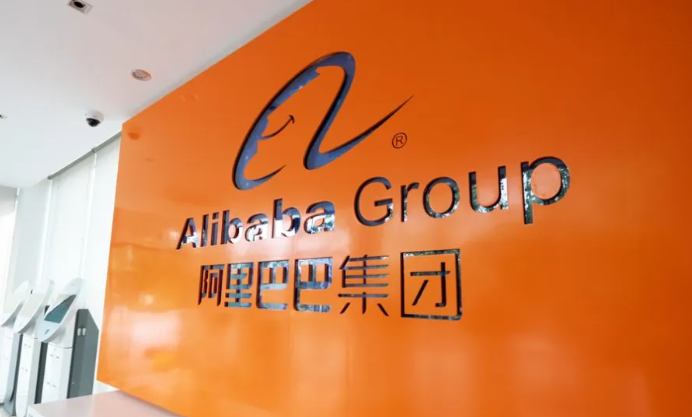Alibaba Group, the Chinese e-commerce giant, is pushing the boundaries of AI technology with the introduction of new generative AI tools for merchants on its platforms, Taobao and Tmall. Through a website called Huiwa, operated by Alibaba subsidiary Hangzhou Lianfan Information Technology, merchants can now create customized text and graphics content effortlessly.
These generative AI tools are designed to streamline the marketing and promotion process for merchants. For instance, by inputting a brief description of a product, the tool can generate tailored content to enhance its visibility and attract customers. This innovative technology, similar to the algorithms used by ChatGPT, can produce various types of content, including audio, code, images, text, simulations, and videos, based on specific prompts.
The tools offered by Huiwa are currently undergoing testing by selected online merchants. They are capable of generating images with different angles and backgrounds to meet users’ requirements. However, Alibaba has not disclosed the cost of using these AI tools or when they will be widely available.
Alibaba’s latest move reflects the growing trend of AI adoption in China’s e-commerce sector. With increasing competition from rivals like JD.com, Pinduoduo, and Douyin, Alibaba is leveraging AI technology to enhance its services and stay ahead in the market. This initiative aligns with Alibaba CEO Eddie Wu Yongming’s vision of transforming the company into an open technology platform that supports AI adoption across various industries.
In addition to the AI tools for merchants, Alibaba’s main e-commerce unit, Taobao and Tmall Group, is also employing AI models to enhance customer service interactions through its chatbot, Dianxiaomi. This updated chatbot is expected to be available to all merchants by June.
While some merchants see the potential of AI tools in reducing costs, others are more cautious. Chang Li, an online merchant based in Wuhan, believes that AI tools could be a cost-effective alternative to hiring models for product shoots. However, there are concerns that AI-generated images may not have the same impact as those featuring human models.
Similarly, Ye Jiawen, an online merchant from Guangzhou, highlights the importance of ensuring that AI-generated images are perceived positively by consumers. The success of these AI tools in the e-commerce sector will depend on their ability to replicate the effectiveness of human models in product promotion.
Alibaba’s efforts in AI technology are part of a larger trend in the industry. Other e-commerce service providers, such as JD.com and ByteDance, are also investing in AI initiatives to enhance their services. JD.com has trained its chatbot, ChatRhino, using its large language model, while ByteDance has launched an AI content-creation platform called Jichuang for its platform, Douyin.
Overall, Alibaba’s foray into generative AI tools marks a significant step in the evolution of e-commerce, showcasing the potential of AI to revolutionize the way businesses engage with customers and promote their products.
(Source: SCMP | Pandaily)









